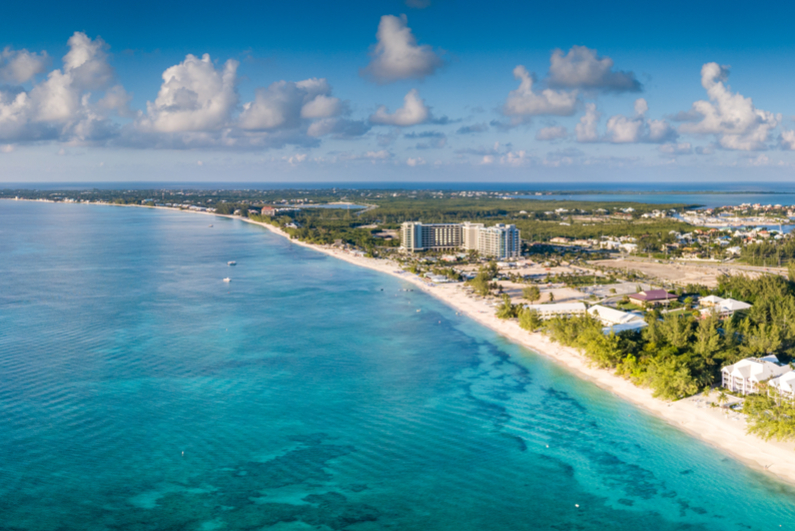30-second summary
- The Cayman Islands is a tax haven for the rich and relies heavily on tourism
- All forms of gambling have been illegal since 1963
- A law has been proposed to impose even harsher penalties on lawbreakers
- Many groups are actively pushing for an end to the ban to open up a major new revenue source
Gambling and the Cayman Islands
The Cayman Islands is looking at new ways to attract people to the region and to increase revenues. A lot of the other Caribbean Islands embrace gambling and it has proven to be a good way to boost their coffers.
Three islands make up the Cayman Islands, which is an autonomous British overseas territory. The population is about 60,000, most of whom live on Grand Cayman Island. Many wealthy people and corporations use the region as a tax haven. This is why it has so many financial institutions.
It is one of the most prosperous regions in the Caribbean, and most of its revenue comes from import duties. Tourism is also very important and many hotel resorts are located on the islands.
Ban on gambling
Because the islands have such a strong tourism industry, it would make sense for gambling to be legal. However, it has been banned in place since the 1960s. The Gambling Act of 1963 calls for fines from $10 (£7.8) to $2,500 (£1,943) or imprisonment of up to two months.
An amendment was passed in 2015 to make raffles legal and to allow gambling on cruise ships that are registered in the Cayman Islands, but gambling is still not permitted when those ships are in the country’s territorial waters.
Many attempts have been made over the years to introduce a state lottery, but without success. Several thriving underground lotteries are held weekly.
More negative changes on the horizon?
The ban on gambling was not really an issue for those visiting the island throughout the 20th century. However, it is now becoming an issue and may be keeping some people from visiting the island. A large percentage of the people living on the islands or visiting it use offshore companies to place their bets and gamble online.
In October 2018, there was talk of a new bill that would further restrictions on gambling in the region. It would raise the maximum fine for gambling to $10,000 (£7,772) and it would also increase the maximum time of imprisonment for certain gambling offenses to three years.
More positive moves
Despite some parties pushing for even stricter measures, some legislators want more expansionary laws. They will first work towards getting rid of the October proposal.
That proposal is currently on hold to give the government time to review the provisions. Then the legislators can work towards legalizing gambling. Their main point is that people on the island are already engaging in gambling, just through the use of online offshore platforms. Therefore, there is nothing to lose from regulating the activity on the island.
Legal gambling would be taxed, creating another revenue source. Money raised through such a tax could go toward improving the infrastructure and social programs on the three islands. Legal gambling would also eliminate the black market for gambling and the associated criminal enterprises.
The main opposition party in the Cayman Islands and their leader, Ezzard Miller, are in favor of expansion. He said that the measure to expand the current ban is “draconian.” He is one of the main people pushing to legalize and regulate gambling in the country. With many people preferring other Caribbean countries that offer legal gambling, it could be time for the government to change their tune.
